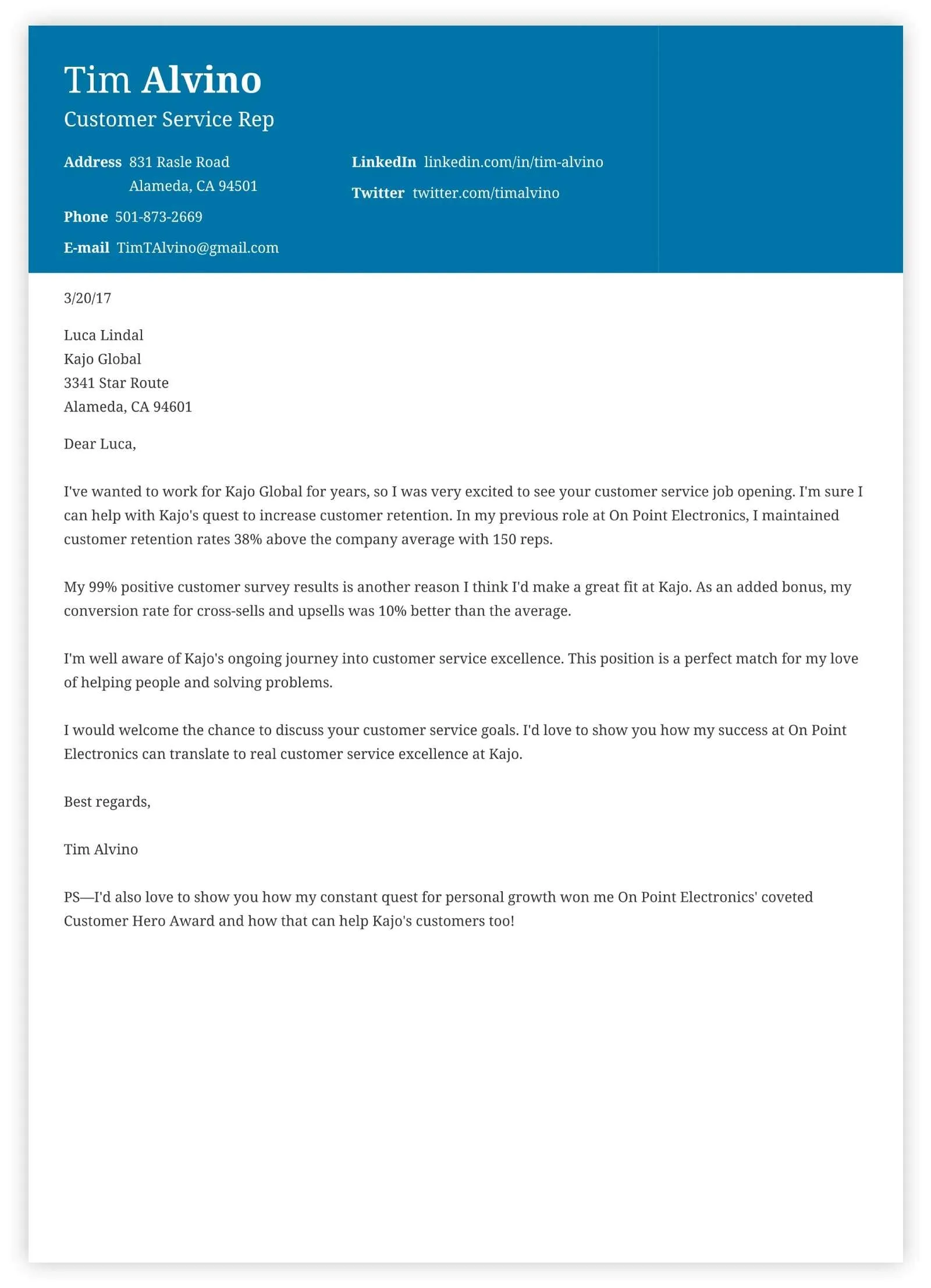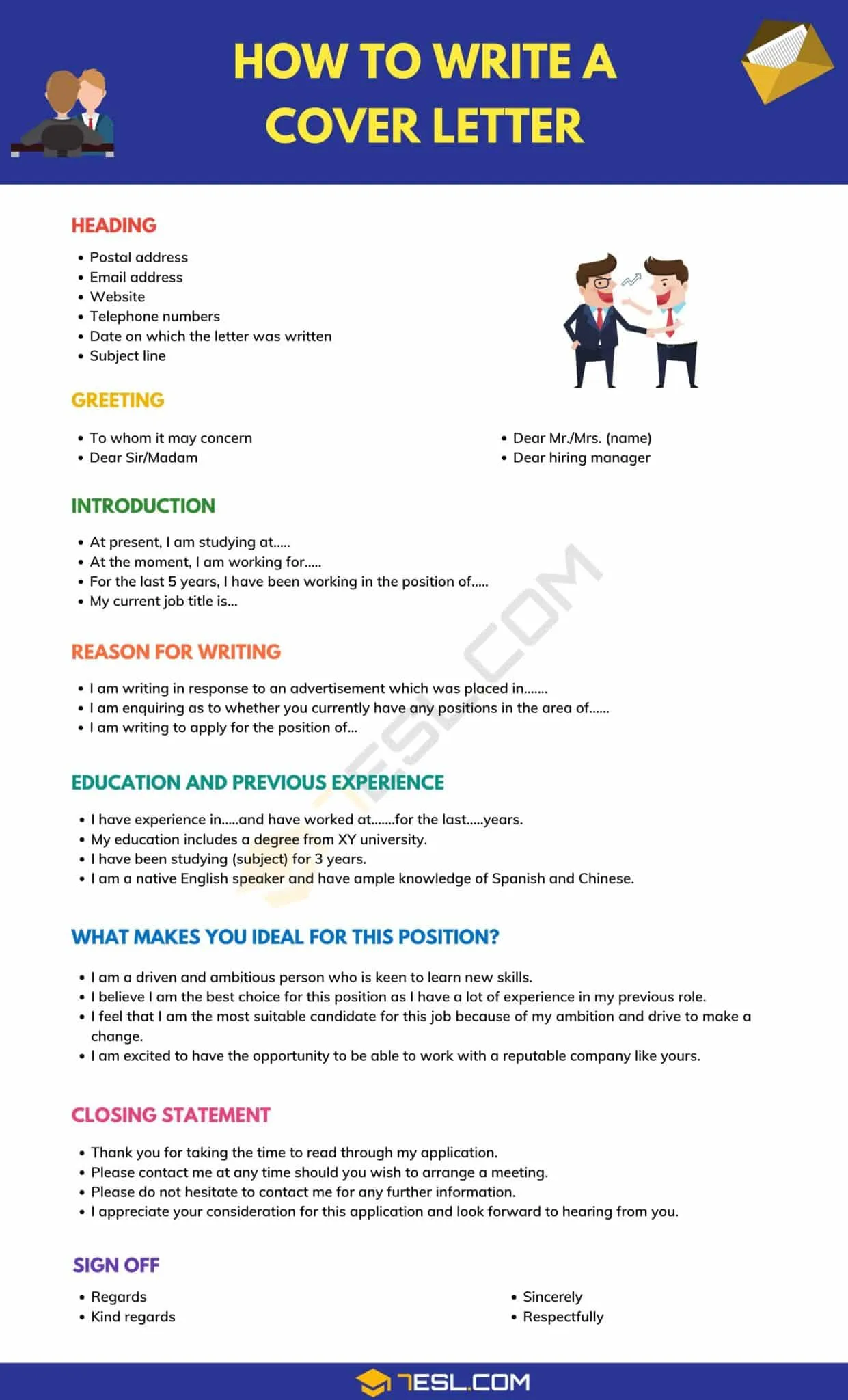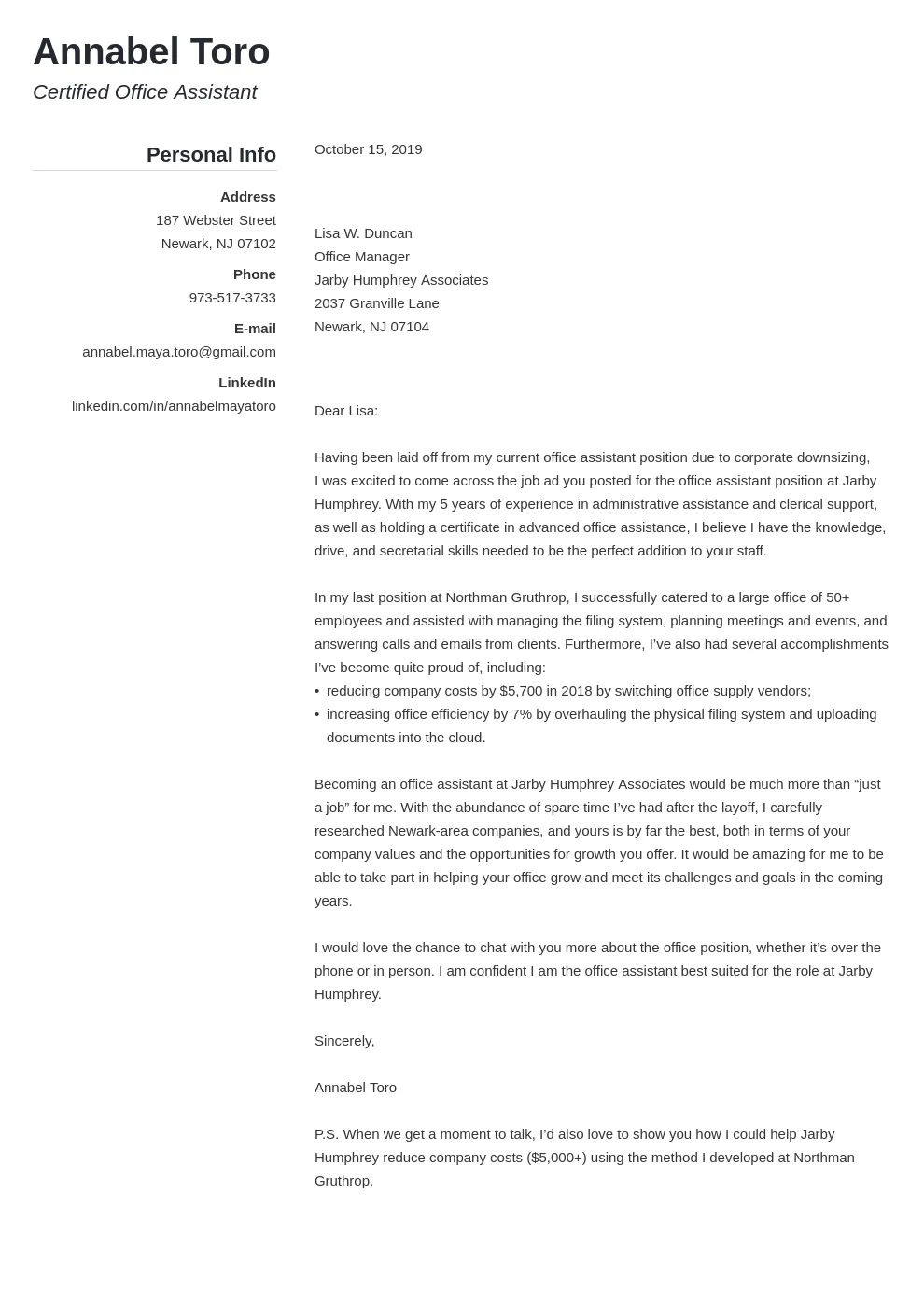7 Cover Letter Secrets Unveiled
In the competitive world of job applications, a well-crafted cover letter can be your golden ticket to securing an interview. It’s your first opportunity to make a lasting impression on a potential employer, showcasing not only your qualifications but also your personality and enthusiasm. But what secrets lie beneath the surface of a truly effective cover letter? This guide unveils seven essential tips that can transform your cover letter from ordinary to extraordinary, helping you stand out from the crowd and significantly increase your chances of landing your dream job. Mastering these secrets will empower you to create cover letters that resonate with hiring managers, highlight your unique value, and ultimately, open doors to new career opportunities. Let’s dive in and discover the strategies that will set your cover letter apart.
Highlighting Your Skills Cover Letter Key
One of the most critical aspects of a compelling cover letter is effectively highlighting your skills. It’s not enough to simply list your abilities; you must demonstrate how those skills align with the specific requirements of the job. Analyze the job description carefully and identify the key skills the employer is seeking. Then, in your cover letter, provide concrete examples of how you’ve utilized those skills in previous roles or projects. Quantify your achievements whenever possible. For example, instead of saying “Managed social media accounts,” say “Increased social media engagement by 30% within six months by implementing a new content strategy.” By providing tangible evidence of your skills, you prove your capabilities and make a strong case for why you’re the ideal candidate. Use action verbs and focus on the impact you made in previous roles. This approach not only grabs the reader’s attention but also leaves a lasting impression of your capabilities and potential value to the company. The key is to show, don’t just tell, the value you bring.
Tailoring Your Cover Letter

Generic cover letters are easily spotted and often discarded. To make a genuine connection with the hiring manager, you must tailor each cover letter to the specific job and company you’re applying to. This means going beyond simply changing the company name; it requires a deeper understanding of the organization’s needs and values. Begin by carefully reviewing the job description and identifying the key requirements and desired qualifications. Then, align your skills, experiences, and accomplishments with those requirements, using the same language and keywords the employer uses. Research the company’s mission, culture, and recent initiatives to demonstrate your genuine interest and understanding of their goals. Briefly mention how your skills and experiences can contribute to their success. By personalizing your cover letter, you show the employer that you’ve taken the time to understand their needs and that you’re genuinely interested in the opportunity, setting you apart from candidates who send out generic applications.
Researching the Company
Before you even begin writing your cover letter, conducting thorough research on the company is essential. Understanding the company’s mission, values, products or services, and recent news or initiatives will enable you to personalize your cover letter and demonstrate a genuine interest in the organization. Visit the company’s website, read their “About Us” section, and explore their social media profiles. Look for any recent press releases, news articles, or blog posts that can give you insights into their current projects and priorities. If possible, research the hiring manager or the team you’d be working with. Knowing their background and interests can help you tailor your cover letter even further. When you demonstrate that you have taken the time to understand the company and its goals, you immediately position yourself as a more engaged and thoughtful candidate. Mentioning specific projects or initiatives of the company in your cover letter shows that you’re genuinely interested in what they do and how you can contribute to their success, making a strong impression on the hiring manager.
Formatting for Success
The format of your cover letter is just as important as its content. A well-formatted cover letter is easy to read, professional in appearance, and makes a positive first impression. Use a clean and professional font, such as Times New Roman, Arial, or Calibri, with a font size between 10 and 12 points. Ensure consistent formatting throughout the document, including margins, spacing, and alignment. Use clear headings and subheadings to break up the text and make it easier for the reader to scan. Keep the paragraphs concise and focused, avoiding overly long sentences or blocks of text. Use bullet points to highlight key achievements or skills. Finally, make sure your cover letter is free of any grammatical errors or typos, as these can detract from your professionalism. By paying attention to the formatting, you create a polished and visually appealing document that reflects your attention to detail and respect for the hiring manager’s time. A well-formatted cover letter shows that you are organized and professional, and that you take pride in your work.
Show, Don’t Tell Your Value

Instead of simply stating that you possess certain skills, use concrete examples to demonstrate your abilities. Show the hiring manager what you have achieved in past roles or projects. For example, instead of saying “I am a good communicator,” describe a situation where you effectively communicated a complex idea to a diverse audience, resulting in a positive outcome. Whenever possible, quantify your accomplishments by using numbers and data. For example, instead of saying “Improved customer satisfaction,” say “Increased customer satisfaction scores by 15% through implementing a new customer service protocol.” By providing tangible evidence of your skills and accomplishments, you create a more compelling and persuasive cover letter. Use action verbs, such as “led,” “managed,” “created,” or “developed,” to describe your responsibilities and achievements. Focus on the results you achieved and the impact you made in previous roles. This approach will not only grab the reader’s attention but also leave a lasting impression of your capabilities and potential value to the company. Showcasing specific examples of your skills and accomplishments is more persuasive than simply listing them.
Proofreading Your Cover Letter
Proofreading your cover letter is the final and most crucial step in ensuring its effectiveness. Errors in grammar, spelling, or punctuation can undermine your credibility and make a negative impression on the hiring manager. Before submitting your cover letter, carefully review it multiple times, paying close attention to detail. Use a spell checker and grammar checker, but don’t rely on them entirely. Read your cover letter aloud to catch any awkward phrasing or sentence structure. Ask a friend or colleague to proofread your cover letter as well. A fresh pair of eyes can often spot errors that you may have missed. Ensure that all names, titles, and company details are accurate. Make sure that your contact information is correct and up-to-date. A polished and error-free cover letter demonstrates your professionalism, attention to detail, and respect for the hiring manager’s time. A poorly proofread cover letter can be an immediate deal-breaker, so take the time to ensure that yours is perfect.
Closing with Confidence
The closing of your cover letter is your final opportunity to make a strong impression and encourage the hiring manager to take action. Express your enthusiasm for the opportunity and reiterate your interest in the role. Clearly state how you can contribute to the company’s success and summarize your key qualifications. End with a confident call to action, such as “I am eager to discuss my qualifications in an interview” or “I am confident that I can make a significant contribution to your team.” Thank the hiring manager for their time and consideration. Include your contact information, including your phone number and email address, to make it easy for the hiring manager to reach you. By closing with confidence and clarity, you leave a positive and memorable impression, increasing your chances of being selected for an interview. A well-crafted closing statement is a powerful tool that can significantly improve your chances of moving forward in the hiring process, leaving the hiring manager with a positive and lasting impression of you and your skills.
